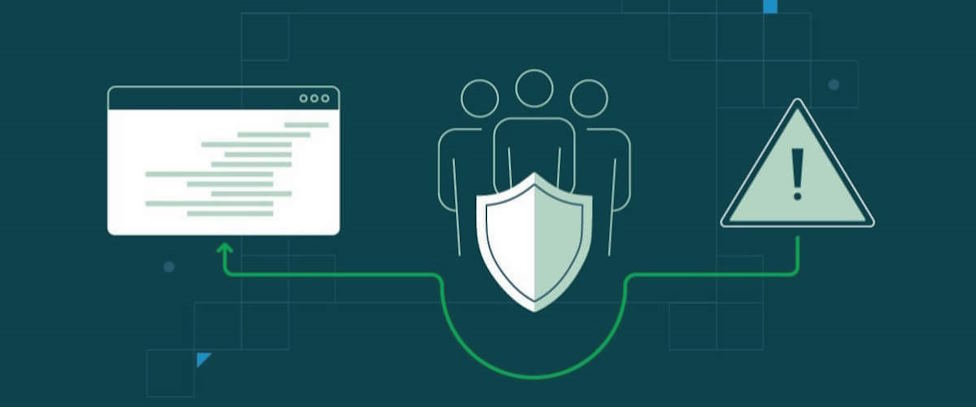Cryptocurrencies have revolutionized the financial landscape, giving individuals unprecedented control over their assets through digital wallets. However, as the popularity of cryptocurrencies has surged, so has the concern about the security of these digital wallets.
Understanding Crypto Wallets
Cryptocurrency wallets are digital tools that enable users to store, receive, and send cryptocurrencies. There are two main types: hot wallets and cold wallets. Hot wallets are connected to the internet for convenient transactions, while cold wallets, often hardware devices or paper solutions, are kept offline for enhanced security, especially for long-term storage.
The Complexity of Cryptographic Security
Cryptocurrencies rely on advanced cryptographic techniques to secure transactions and control the creation of new units. This complexity makes hacking a crypto wallet an intricate and challenging task. The two primary components of a crypto wallet’s security are the private key and the public address.
Private Key
This is a secret alphanumeric code known only to the wallet owner. Possessing the private key allows control over the associated funds.
Public Address
This is the public identifier for a wallet, visible to others. While it can be shared for transactions, it does not compromise the wallet’s security.

Potential Attack Vectors
While the cryptographic foundations of crypto wallets are robust, there are potential attack vectors that malicious actors may exploit:
Phishing Attacks
Users may fall victim to phishing websites or emails that mimic legitimate wallet services, tricking them into revealing their private keys.
Malware and Keyloggers
Malicious software can infect a user’s device, recording keystrokes or gaining access to private keys stored on the device.
Social Engineering
Techniques such as impersonation, manipulation, or exploiting personal information may be used to trick individuals into revealing sensitive information.
Brute Force Attacks
Though challenging due to the complexity of cryptographic keys, attackers may attempt to guess private key combinations systematically.
Security Measures to Prevent Hacking
- Cold storage solutions like hardware wallets provide an additional layer of security by keeping private keys offline, reducing exposure to online threats.
- Adding an extra layer of verification enhances security, making it more difficult for unauthorized individuals to access your wallet.
- Ensure that wallet software, operating systems, and antivirus programs are regularly updated to patch vulnerabilities and strengthen defenses.
- Keep secure backups of private keys or recovery phrases in multiple physical locations, such as a safe or safety deposit box.
- Be wary of phishing attempts and only use official and reputable wallet services. Avoid clicking on suspicious links or sharing sensitive information online.


